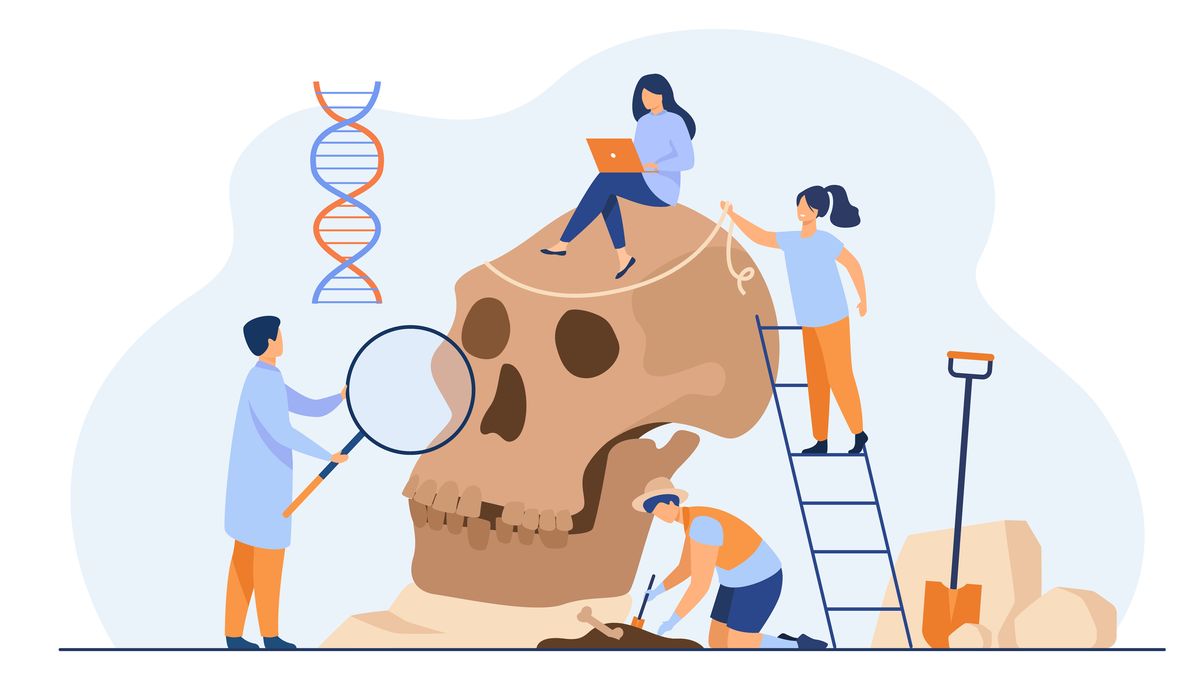
Swedish geneticist Svante Pääbo is the winner of the 2022 Nobel Prize in Physiology or Medicine and he will receive a prize worth 10 million Swedish kronor (896,256.51 US dollars). The prestigious award was given for “discoveries concerning the genomes of extinct hominins and human evolution,” a field that is now known as paleogenomics.
The work has completely changed the understanding of hominins that co-existed with us for a time. It has also provided new insights into how our body functions and how these ancient genomes are still present in some of us – affecting us for better or for worse.
Pääbo and his colleagues were able to extract mitochondrial DNA from a Neanderthal bone back in 1997. They showed it was possible to extract genetic material from ancient remains – but it took a long while before a full genome could be drafted. The enormous challenge was completed over a decade later, with a draft of the genome published in the journal Science in May 2010.
This was just the beginning of a revolution in how we study the past. Before, it could only be done with paleontological and archeological finds. However, finding fossils alone can’t answer all the questions we might have about the past. The work has begun to provide answers on how we are related to extinct humans and how we differ.
The work showed that some of our ancestors and Neanderthals had children together. This species of extinct humans inhabited the Eurasian continent, so between one and two percent of the DNA of people of European or Asian ancestry is Neanderthal. For those whose ancestry is to be found exclusively in sub-Saharan Africa, the value is close (or much closer) to zero.
Together with his team, Pääbo discovered a new species of extinct humans: the Denisovans. The discovery was possible by extracting DNA from a single finger bone of a juvenile female. There are very few physical remains of this species, and what we know comes from genomic analysis. This includes the discovery of another young girl whose mother was a Neanderthal and her father a Denisovan.
In 2020, the Nobel Laureate and his team reported that genes link to a higher risk of hospitalization due to COVID-19 were remarkably similar to those of Neanderthals. They suggested that the ancient interbreeding had an effect on the health of their descendants today.
A bit of trivia regarding the winner: he’s the son of another Nobel Prize winner Sune Bergström, who won the same prize in 1982, and renowned Estonian refugee and food chemist Karin Pääbo. He is the 225th winner of the Nobel Prize in Physiology or Medicine, of which 12 are women.
Source Link: Genome Of Ancient Humans Is The Winning Field Of 2022's Nobel Prize in Medicine